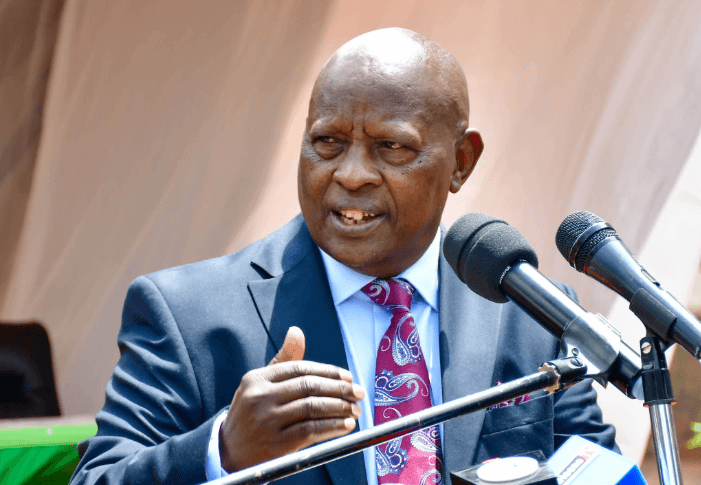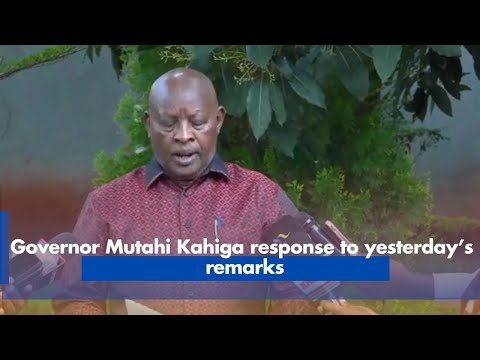A few days ago, the historian Prof Macharia Munene published an opinion column in which he argued that not least among Kenya’s problems, is that we do not have effective think tanks.
I have long come to that same conclusion myself: that such think tanks are something we desperately need, but no Kenyan leader has ever shown the slightest interest in establishing them.
Which is not to say that think tanks do not exist at all in this country. They do. But they are mostly government-supported think tanks, which – almost by definition – means that they are underfunded and influenced by political considerations.
To give an example of what an effective think tank should be doing at this moment in time, I would point to two crises: the ongoing conflict in rangelands between humans and wildlife; and the related conflict between economically advantageous development priorities and long-term environmental considerations.
My first example is the 'Mau Mau roads' network, which has been prioritised for Central Kenya.
In Central Kenya as in most of the country, the average family depends largely on the sale of farm produce for their livelihood. And this elaborate network of 'Mau Mau roads' will make transport of such produce so much easier.
For such agricultural goods are mostly perishable. You have to move them quickly if you want to get these products to market while they are still fresh.
So this proposed roads network is very popular with the grassroots in Central Kenya.
But environmentalists insist that one of these roads – as currently designed – would be an environmental hazard, given that it will skirt the Aberdares National Park’s more fragile ecosystems.
The Kenya Wildlife Service; the Kenya Forestry Service; and the National Environment Management Authority have all declined to give their approvals to this specific portion of the roads project.
However, it is people who cast votes: not wild animals. And certainly there are few votes to be gained in fighting to preserve the pristine forests of the Aberdares ecosystem.
So there is every possibility that – in the end – the developmental needs of Central Kenya will carry more weight than the sound environmental policies currently being put forward by the KWS, the KFS and Nema.
My second example is more recent and far more dramatic – the killing of 10 lions in one week, by Maasai herdsmen in the region of the Amboseli National Park, bordering the Maasai ranches and villages.
A pride of lions had moved into a settled area in that region and killed several goats. This is apparently what provoked the members of the local community to retaliate by killing the lions. And this happened even though there is apparently a project in that region that compensates the herdsmen for any loss of livestock attributable to attacks by lions.
This seems to me an idea that had initially provided an excellent solution to a serious challenge – but then failed when put to the acid test.
So, why do I offer these as proof of an absence of effective think tanks?
Well from what I have seen in economically advanced nations, the business of their best think tanks is not just to research problems like what we face here in Kenya in human-wildlife conflict. Or even the threats that well-intentioned infrastructure projects may pose to essential water towers like the Aberdares.
What the best among them aim to do may be defined as 'squaring the circle'. That is to say, seeking long-term and effective solutions to the many conflicting priorities that are faced by their societies.
When we speak of resolving 'conflicting priorities' we mean seeking solutions to the kind of problems which – at first glance – seem to have no solution at all.
Like how to expand the space available for wildlife-driven tourism, in a primarily agricultural country, with an increasing population.
Or how to provide 'affordable' universal health coverage in Kenya, when many of our people are so poor that they are not certain, from one day to another, whether they will indeed have anything to eat.
And not only crafting win-win solutions to such intractable challenges, but also conceiving communications strategies that get these ideas and proposals into the mainstream of public policy debate.










